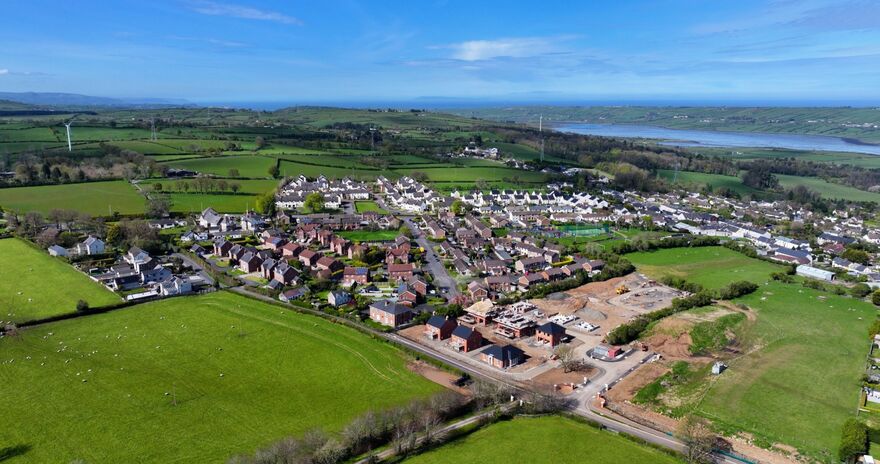Compulsory purchase orders are a bugbear of many landowners who fear that their land may be taken to complete some infrastructure or other public project. The rules around whether an order is valid and what compensation is due can be difficult to follow. Until recently, the general rule has been that the authority must pay open market value for land acquired, taking into account all circumstances including any future planning permission that may be granted, or ‘hope value’.
In 2023, this rule shifted when legislation was introduced allowing hope value to be ignored if:
- it was justified in the public interest, and
- the land was to be acquired for certain restricted and specific uses, e.g. public sector led social housing, health or education.
This was intended to stop landowners being paid prices that might undermine the viability of vital projects or blocking important development. The acquirer has to not only show compelling reasons why the hope value should be ignored, but also that the outcome struck a fair balance between landowner and the acquirer. Objections to an order often trigger an expensive and lengthy public inquiry.
Recently a consultation on extending these powers has closed, and the new Planning and Infrastructure Bill includes clauses widening these powers to parish and community councils for social housing.
Landowners are worried that local authorities may in the future snap up their land with development potential at rock bottom prices. However, the authority will still be required to fund those projects to completion, and this is not easy for them to achieve even with a huge discount in acquiring the land.
It is well known that housing providers are low on funds, needing to use money earmarked for new builds or acquisitions for maintenance of existing stock instead. Developers sometimes struggle to find registered providers willing to buy affordable housing required to be built on their sites. Most registered providers simply could not afford to acquire or build and thereafter maintain small clusters of affordable housing.
Even if an authority could acquire the land, who is going to build the units and where is the money coming from? Rural exception sites for affordable housing often face stiff resistance from locals, and if landowners are objecting to proposed CPOs as well, this could make even relatively simple projects unviable.
Our view is that these powers are unlikely to be used to any great degree because of the costs authorities will face establishing the case for compulsory purchase in the face of strong objections. Cash-strapped local authorities are already struggling for funds, and we do not expect them to direct money into situations they know will be heavily contested. Usually, a better outcome could be achieved by them working collaboratively with developers and registered housing providers to provide much needed social housing.
Promoting a CPO is expensive, time consuming and complex. We believe that better routes exist for authorities to provide the affordable housing that the Government supports. It seems likely that while the new legislation appears very worrying, it is unlikely to see a great deal of use in the social housing context.
The information on this site about legal matters is provided as a general guide only. Although we try to ensure that all of the information on this site is accurate and up to date, this cannot be guaranteed. The information on this site should not be relied upon or construed as constituting legal advice and Howes Percival LLP disclaims liability in relation to its use. You should seek appropriate legal advice before taking or refraining from taking any action.

